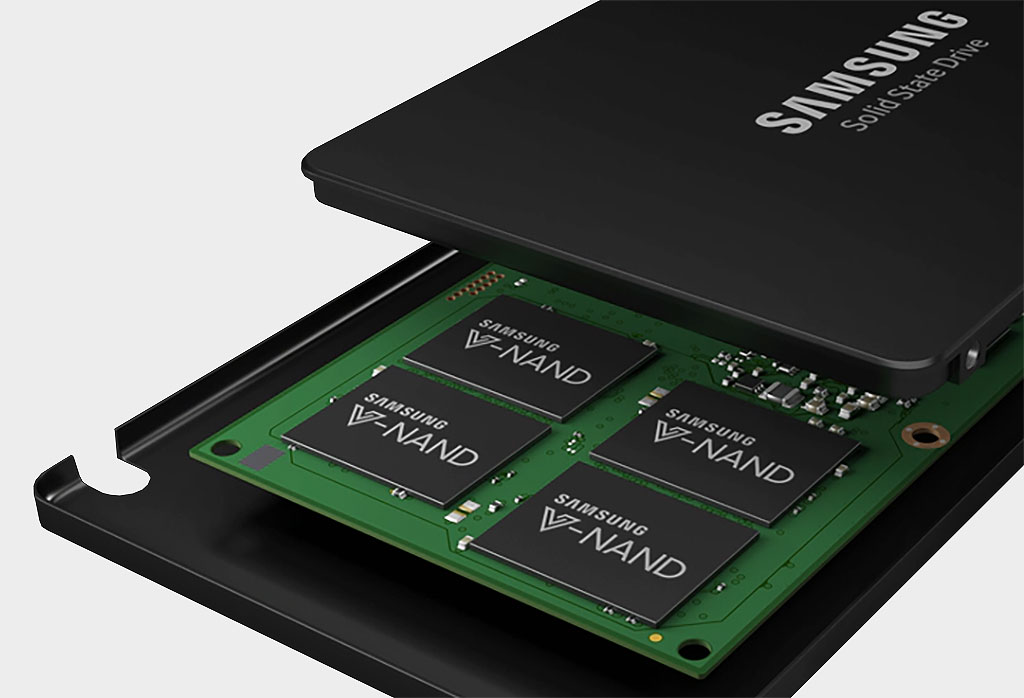Cloud backup company weighs in on SSD reliability versus mechanical HDDs
If it weren't for cost, Backblaze would probably replace all of its hard drives with solid state drives.

As the best SSDs for gaming and best NVMe SSDs become bigger in capacity and lower in price-per-gigabyte, the question of reliability is more important than ever, especially in comparison to mechanical hard drives. Backblaze, a cloud backup company that frequently posts HDD reliability reports based on its own usage, has offered up some thoughts on the subject, with an interesting conclusion.
"SSDs generally will last as long as you need them to," Backblaze says.
Case closed, right? Not so fast. There are several caveats, not the least of which is that Backblaze's latest blog post on the subject is very different from its typical HDD reliability reports. It doesn't contain any concrete data on fail rates, as the company doesn't employ SSDs to the same extent and manner as it does HDDs.
It's more of an explainer, albeit an interesting one with some notable nuggets. For example, did you know that NAND is not not an acronym, but is derived from the memory's logic gate called "NOT AND?" Now you do!
While the blog post lacks concrete numbers, it's still a good and easily digestible read about SSDs in general. According to Backblaze, you can expect an SSD to "last as long as its manufacturer expects it to last, provided that the use of the drive is not excessive for the technology it employs."
The blog post also goes over warning signs that your SSD might be dying. Unlike HDDs that go bad, there is no audible clicking sound or grinding that might alert you to an impending fail. Instead, Backblaze says to be on the lookout for errors involving bad blocks, files that cannot be read or written, the file system needing repair, crashes during boot, and the drive suddenly becoming read-only.
In case you're wondering, Backblaze does actually use SSDs in its datacenter. In a separate article, the company went so far as to suggest it would replace all of its HDDs with SSDs if there wasn't such a big difference in the price-per-gigabyte.
The biggest gaming news, reviews and hardware deals
Keep up to date with the most important stories and the best deals, as picked by the PC Gamer team.
"In just about all respects, SSDs are superior to HDDs. So why don’t we replace the 100,000+ hard drives we have spinning in our data centers with SSDs? The primary reason is cost. We’d love to have the performance and density of SSDs available for our Storage Pods (see our post Seagate Introduces a 60TB SSD—Is a 3.6PB Storage Pod Next?), but the cost/benefit ratio of SSDs is not yet in our favor," Backblaze says.
We imagine that will likely still be the case for a long time to come. In the meantime, though, let's hope that SSD capacities keep going up and prices keep coming down.
Paul has been playing PC games and raking his knuckles on computer hardware since the Commodore 64. He does not have any tattoos, but thinks it would be cool to get one that reads LOAD"*",8,1. In his off time, he rides motorcycles and wrestles alligators (only one of those is true).


